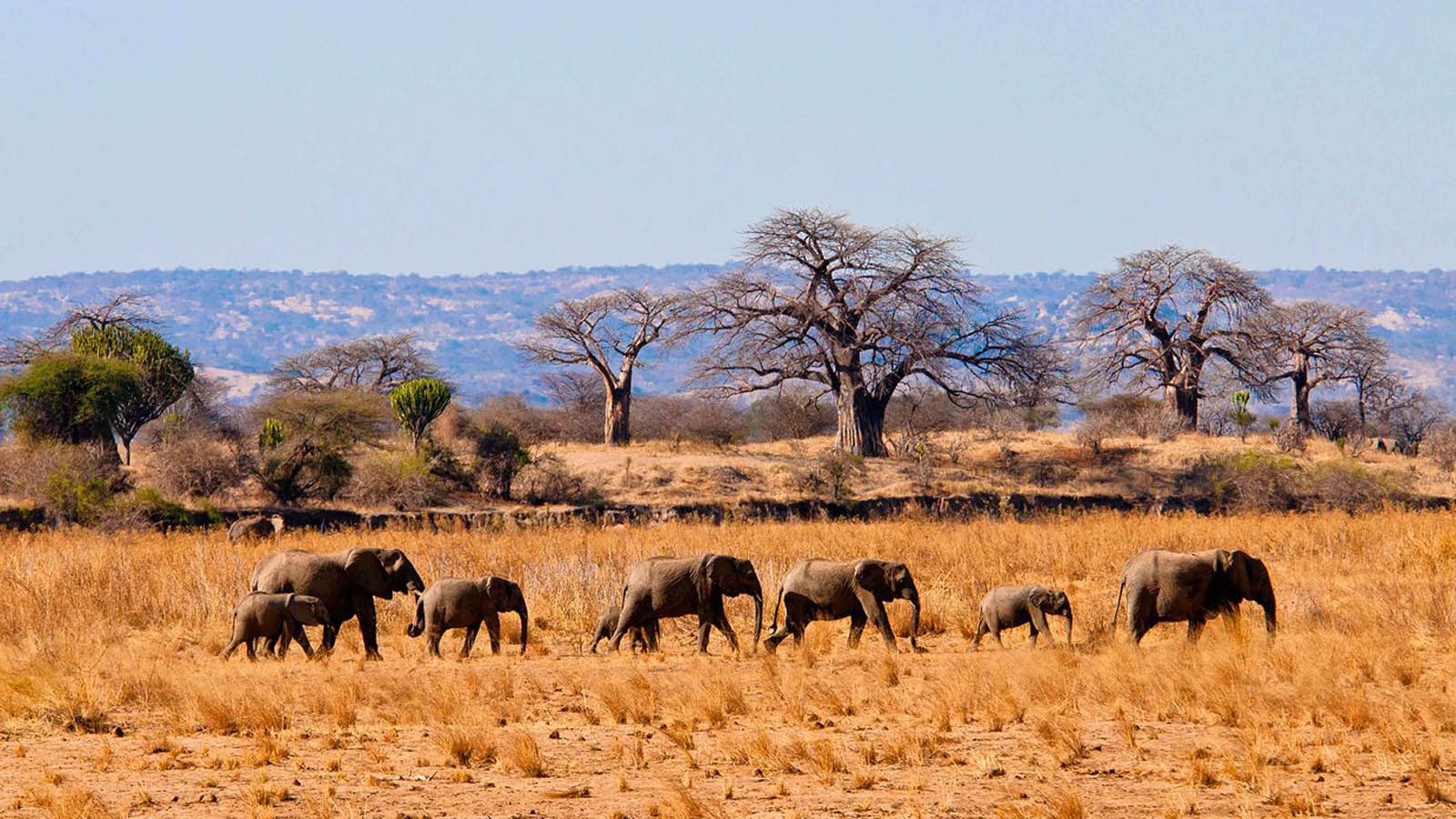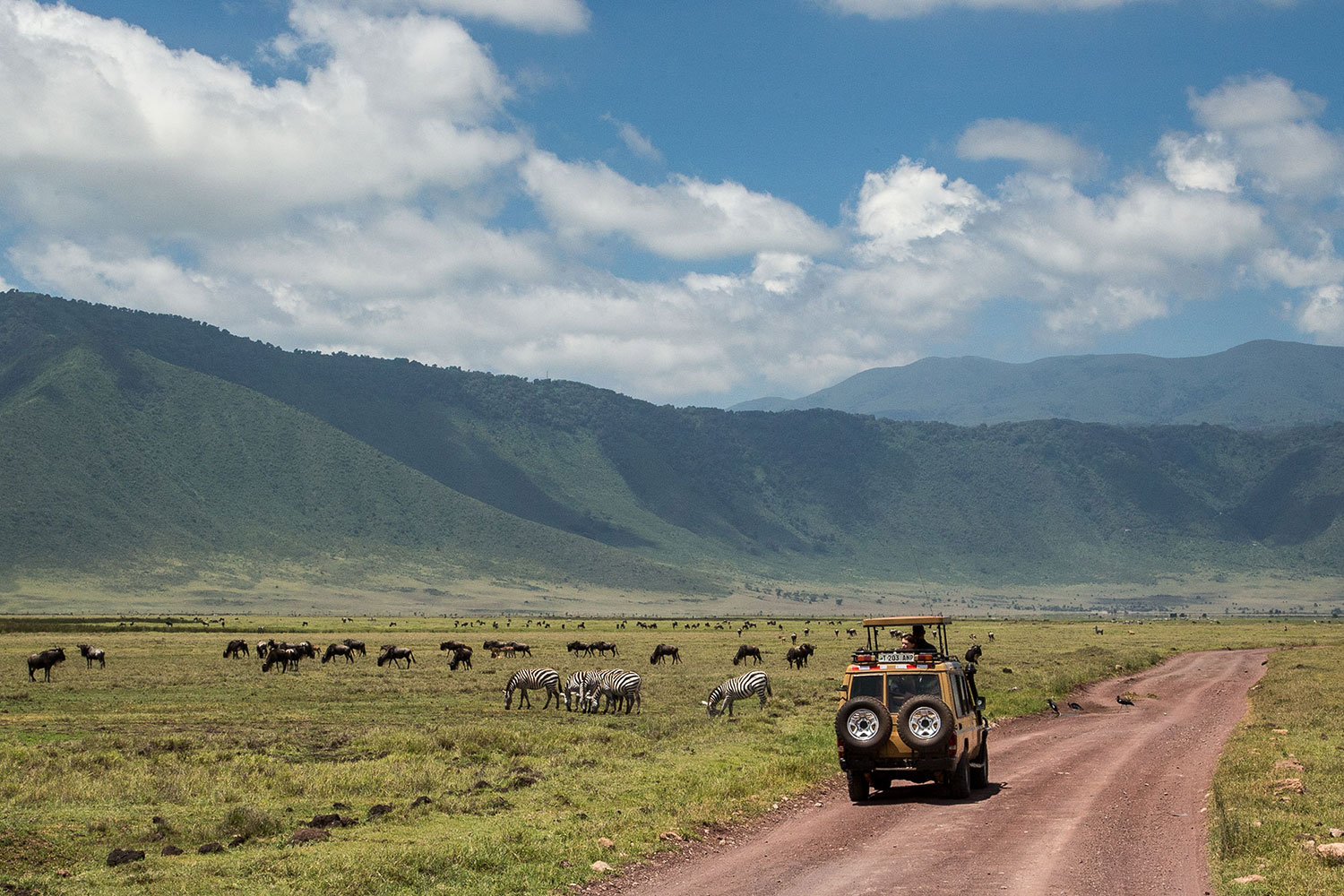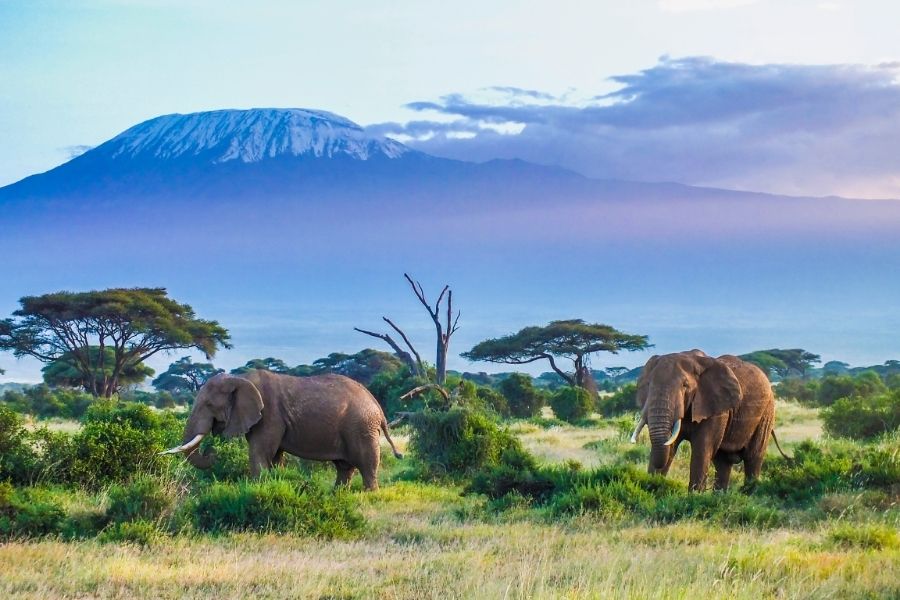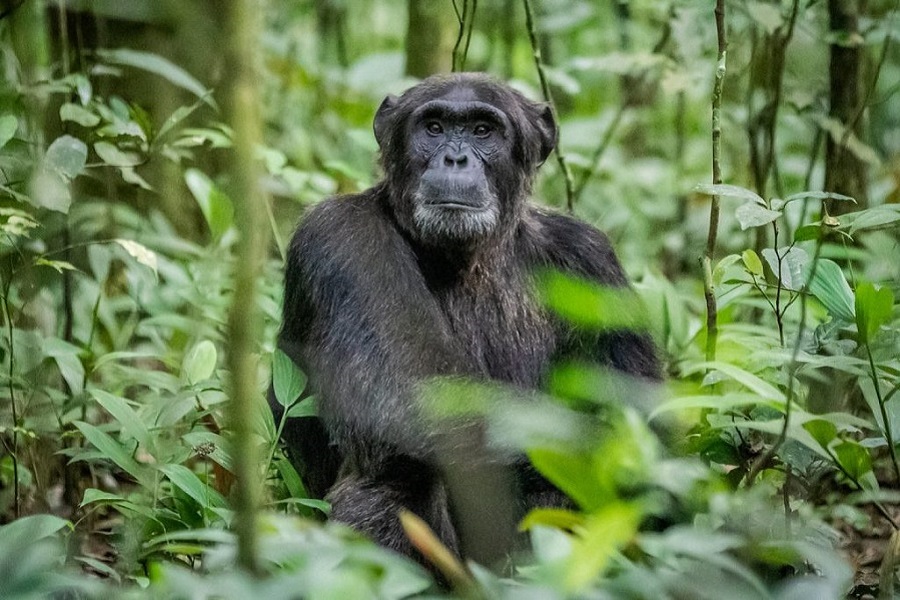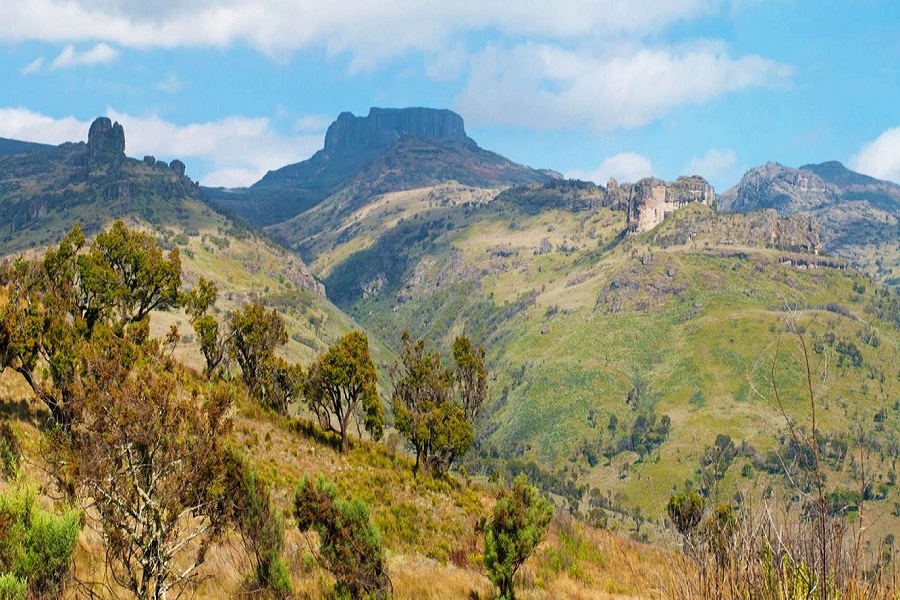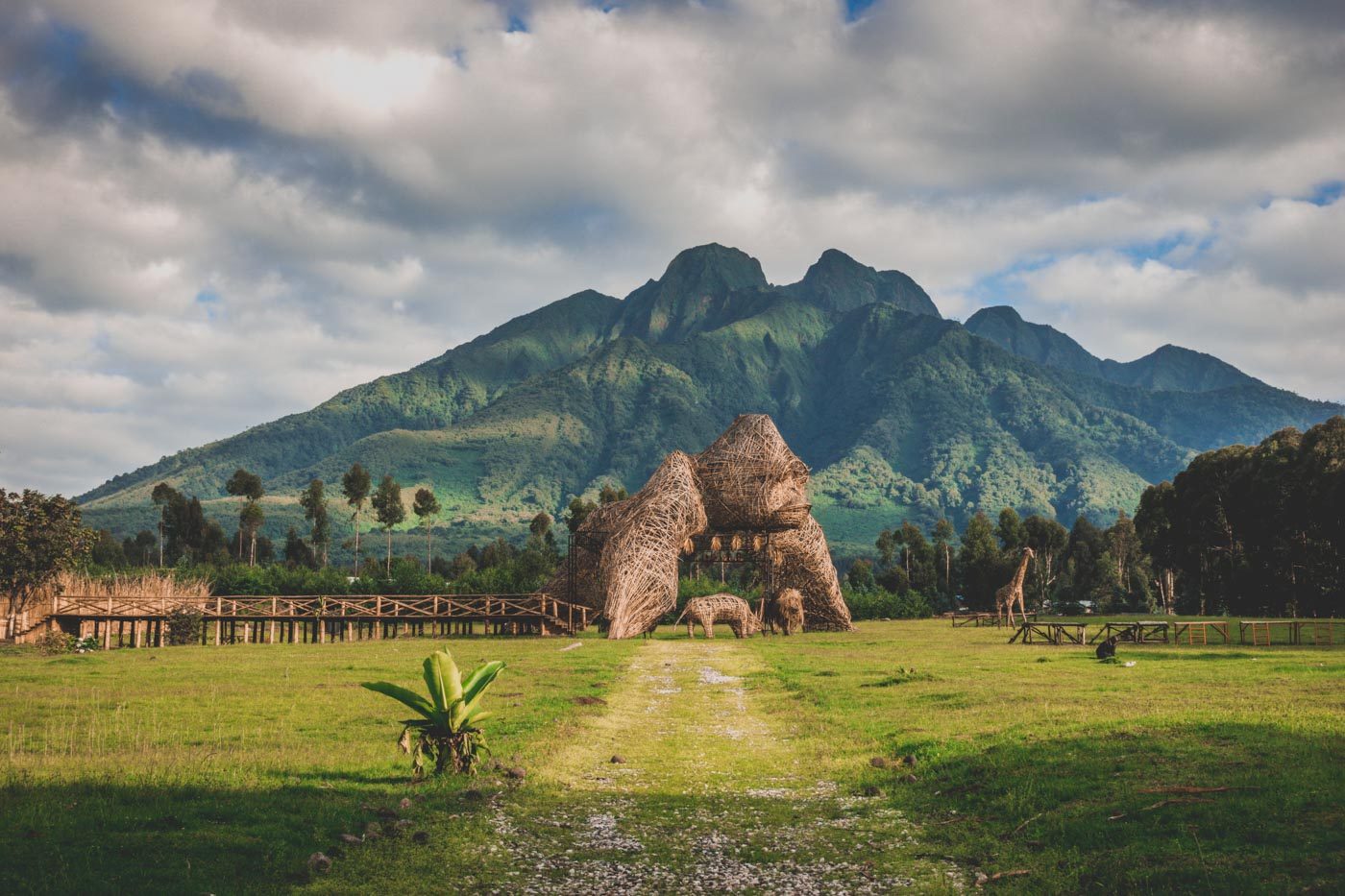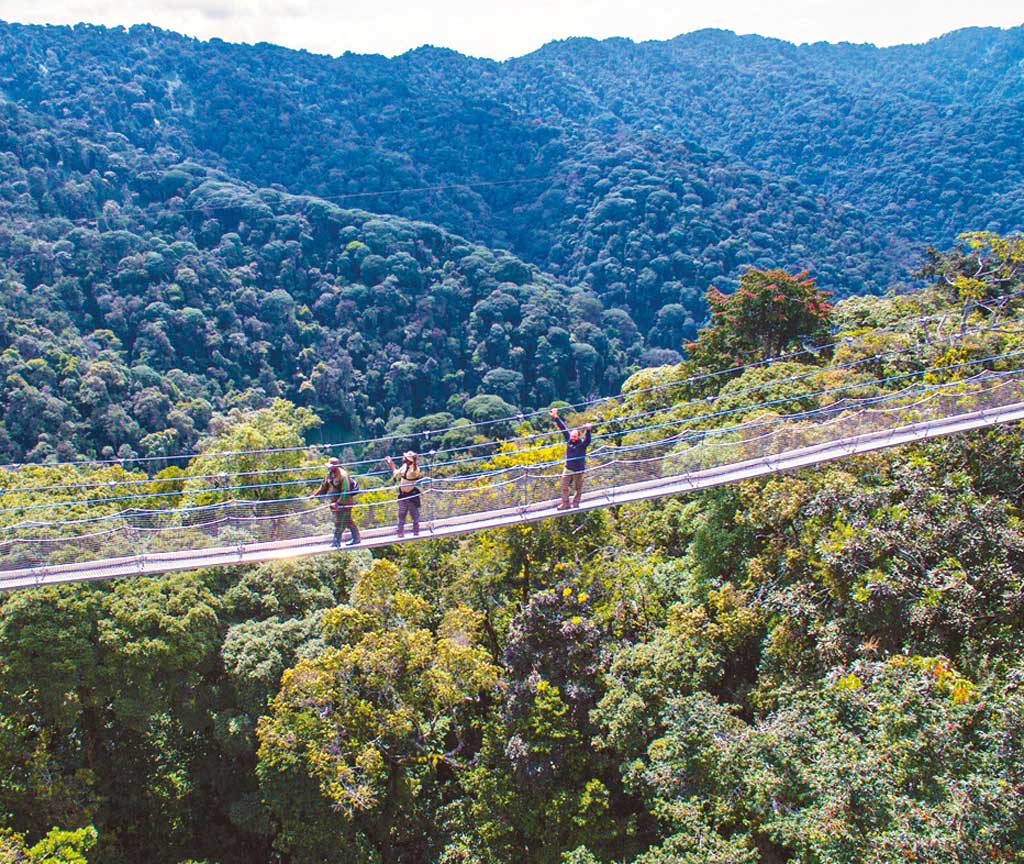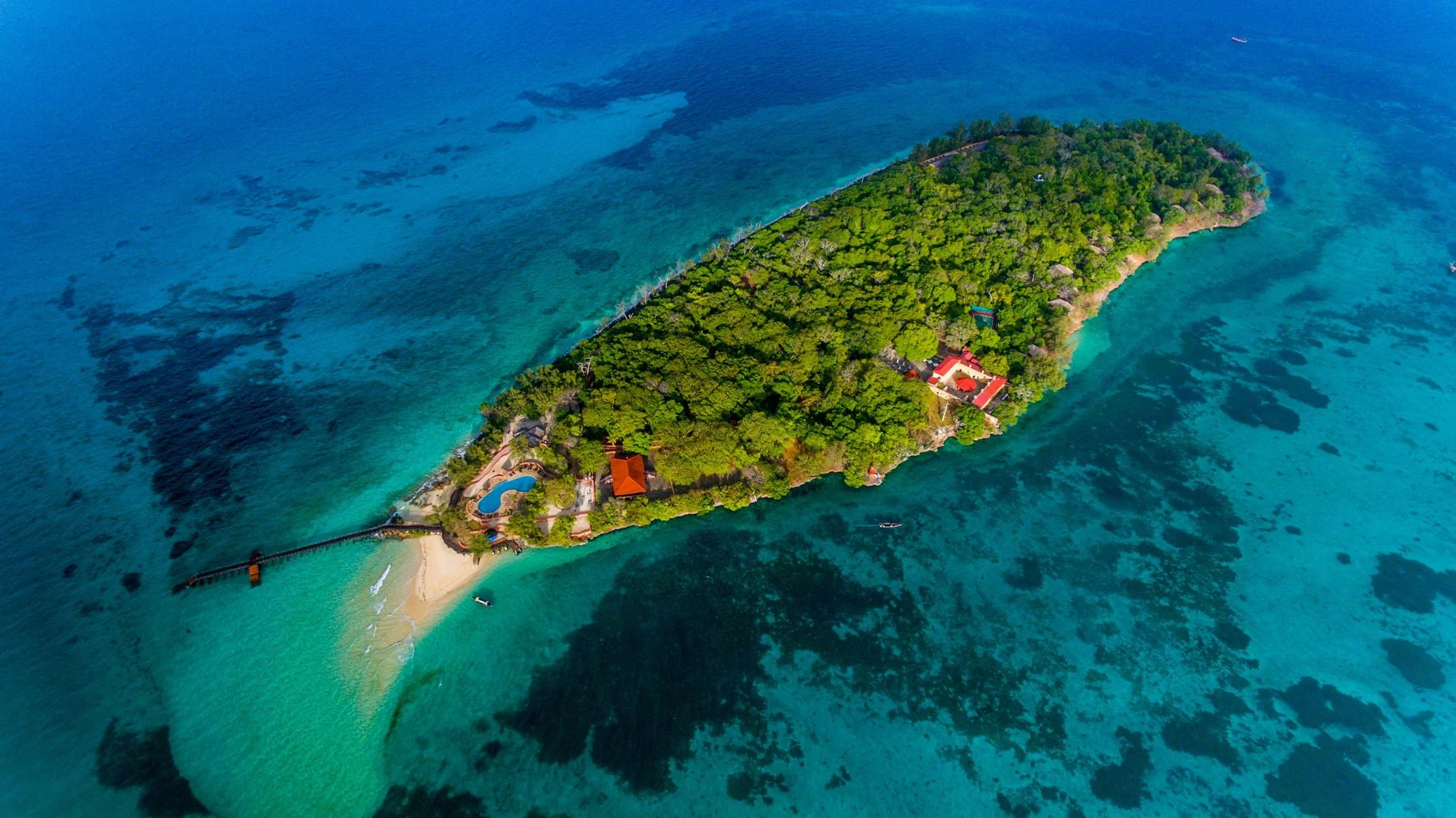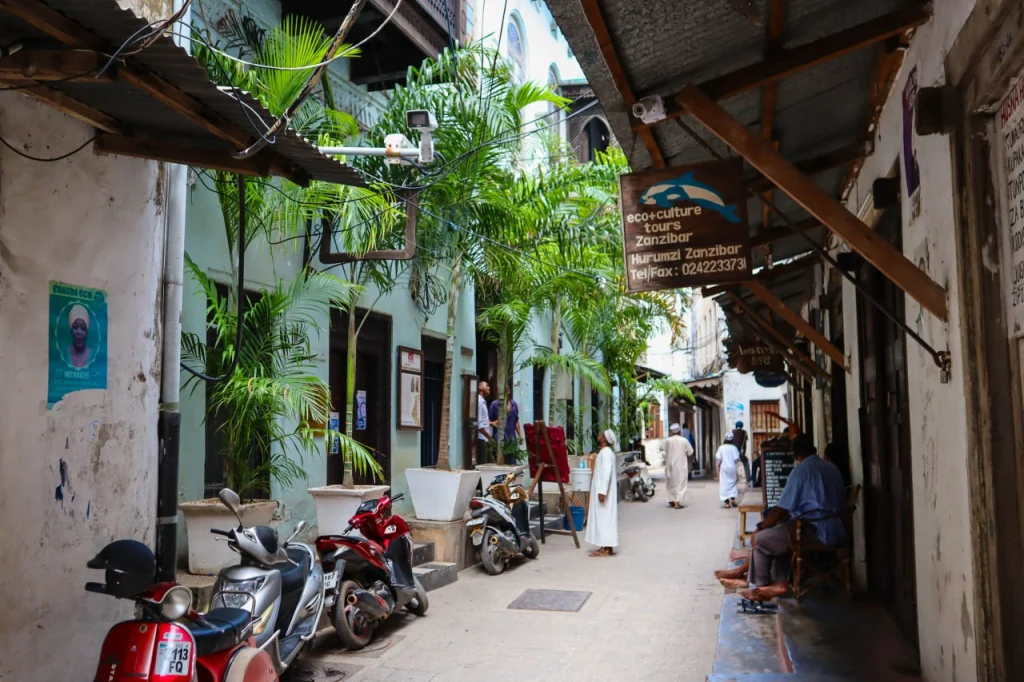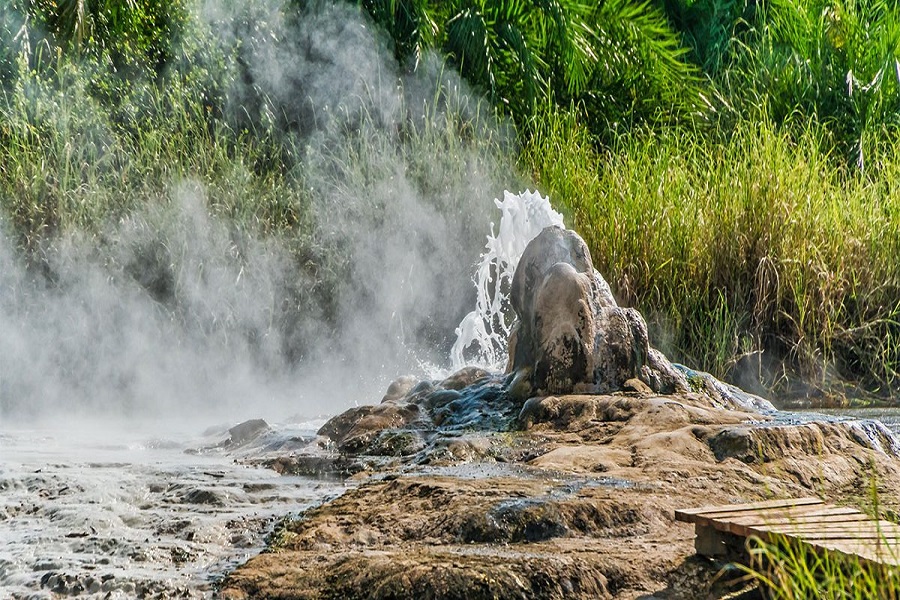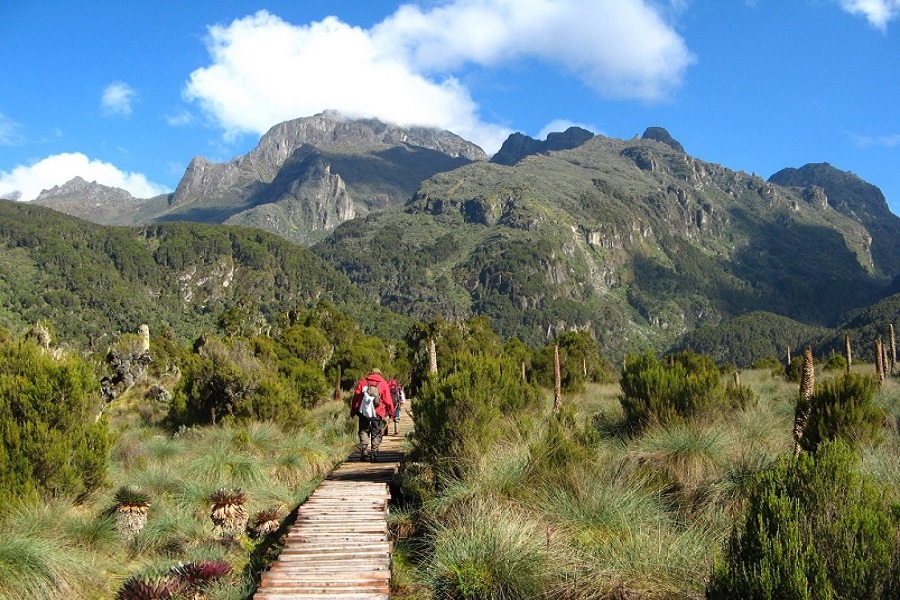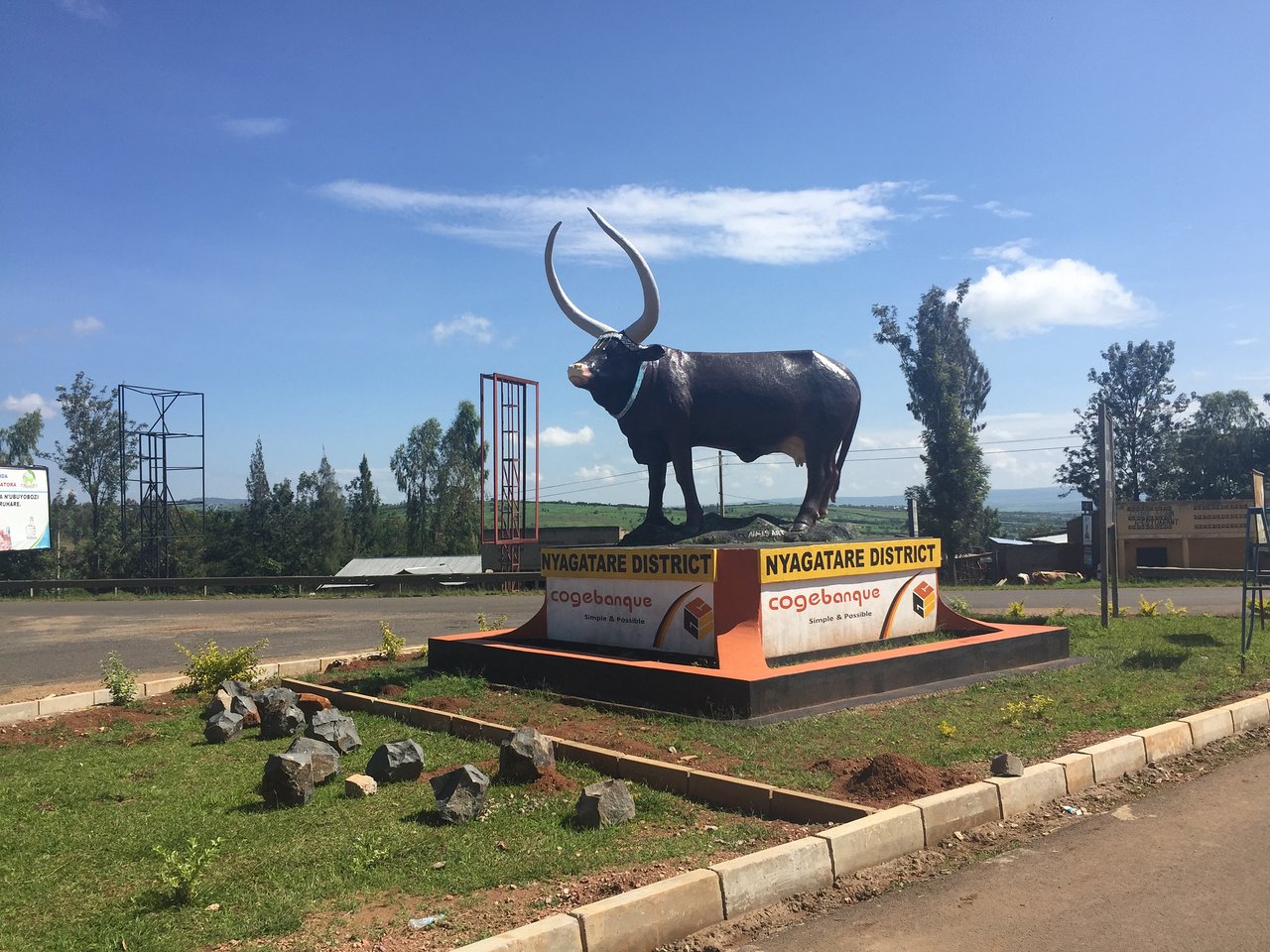
Nyagatare, located in the Eastern Province of Rwanda, is a burgeoning tourism site that offers a blend of natural beauty, historical significance, and vibrant culture. With its picturesque landscapes, warm hospitality, and intriguing heritage, Nyagatare is a destination that is gradually gaining recognition among travelers seeking authentic experiences in Rwanda.
The people of Nyagatare are predominantly from the Tutsi ethnic group, with a rich cultural heritage deeply rooted in agriculture and cattle rearing. Engaging with the local communities provides an opportunity to experience their rich culture warm hospitality, witness their daily activities, and learn about their traditions and customs. The locals often participate in traditional dance performances, share folklore, and showcase their craftsmanship, including pottery, weaving, and basketry. Nyagatare is home to several historical and cultural sites that offer insights into Rwanda's past. These include:
1. Nyagatare Cultural Museum: This museum showcases artifacts, traditional instruments, and historical exhibits that highlight the cultural heritage of the area. It provides an opportunity to learn about the traditions, customs, and history of the people of Nyagatare.
2. Rwinkwavu Hill: This hill holds historical significance as the site of a former royal palace and burial grounds of Rwandan kings. Exploring the hill offers a glimpse into the country's rich history and the royal lineage.
3. Nyagatare Cathedral: The cathedral is an architectural marvel and a prominent religious landmark in the area. It is known for its stunning design and vibrant stained glass windows.
Beyond its cultural attractions, Nyagatare boasts natural beauty and wildlife. The vast savannahs, rolling hills, and expansive farmlands provide a picturesque backdrop for exploration and outdoor activities. The region is also home to various bird species, making it a haven for birdwatchers. Visitors to Nyagatare can experience the genuine hospitality of the locals through community-based tourism initiatives. Homestays and guesthouses provide opportunities to immerse oneself in the local way of life and taste traditional Rwandan cuisine. Local dishes often include staples like Ugali, Isombe, and Ibiharage, accompanied by fresh vegetables and fruits.
Related Itineraries
Newsletter
Subscribe to our newsletter to receive notifications about new updates.




